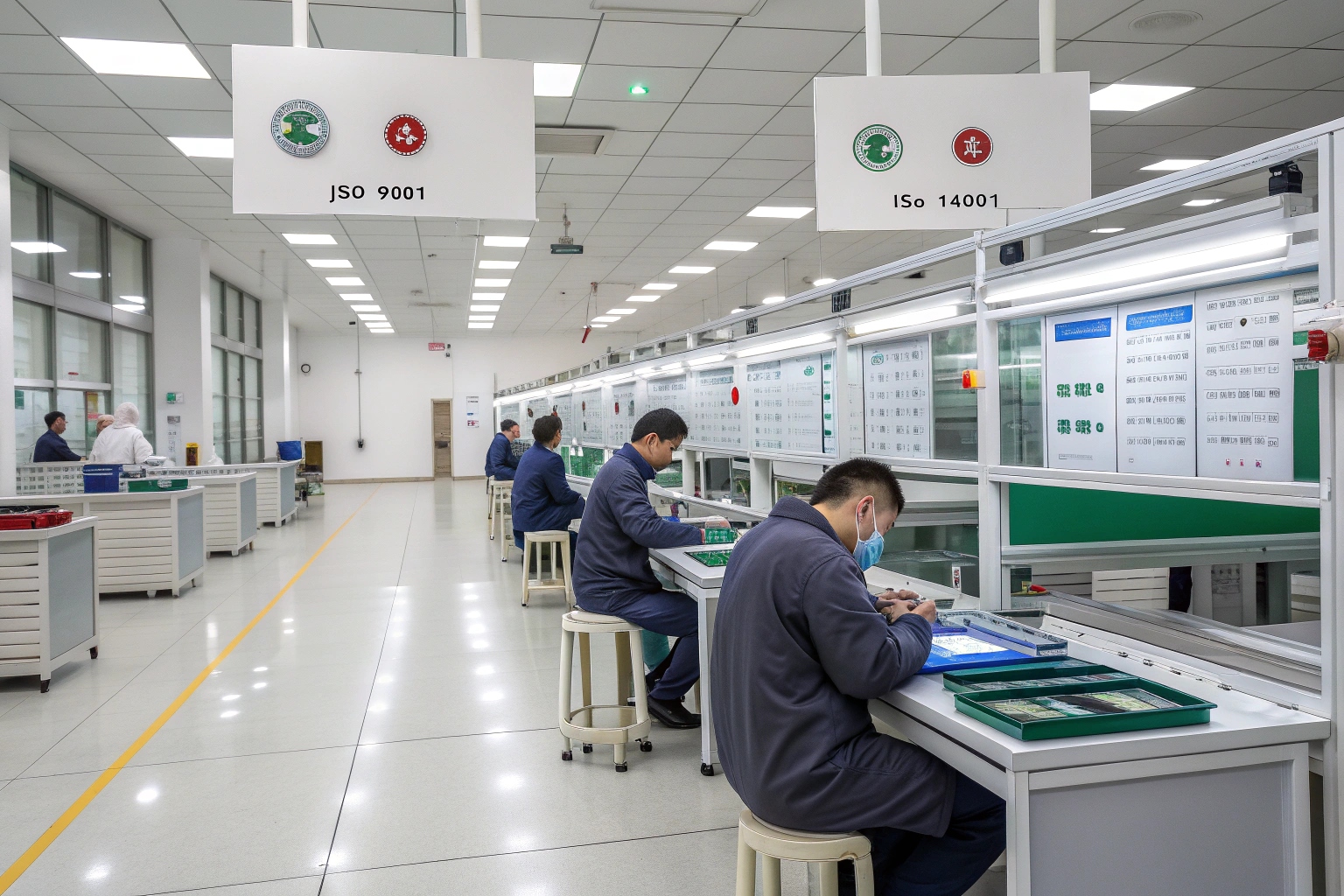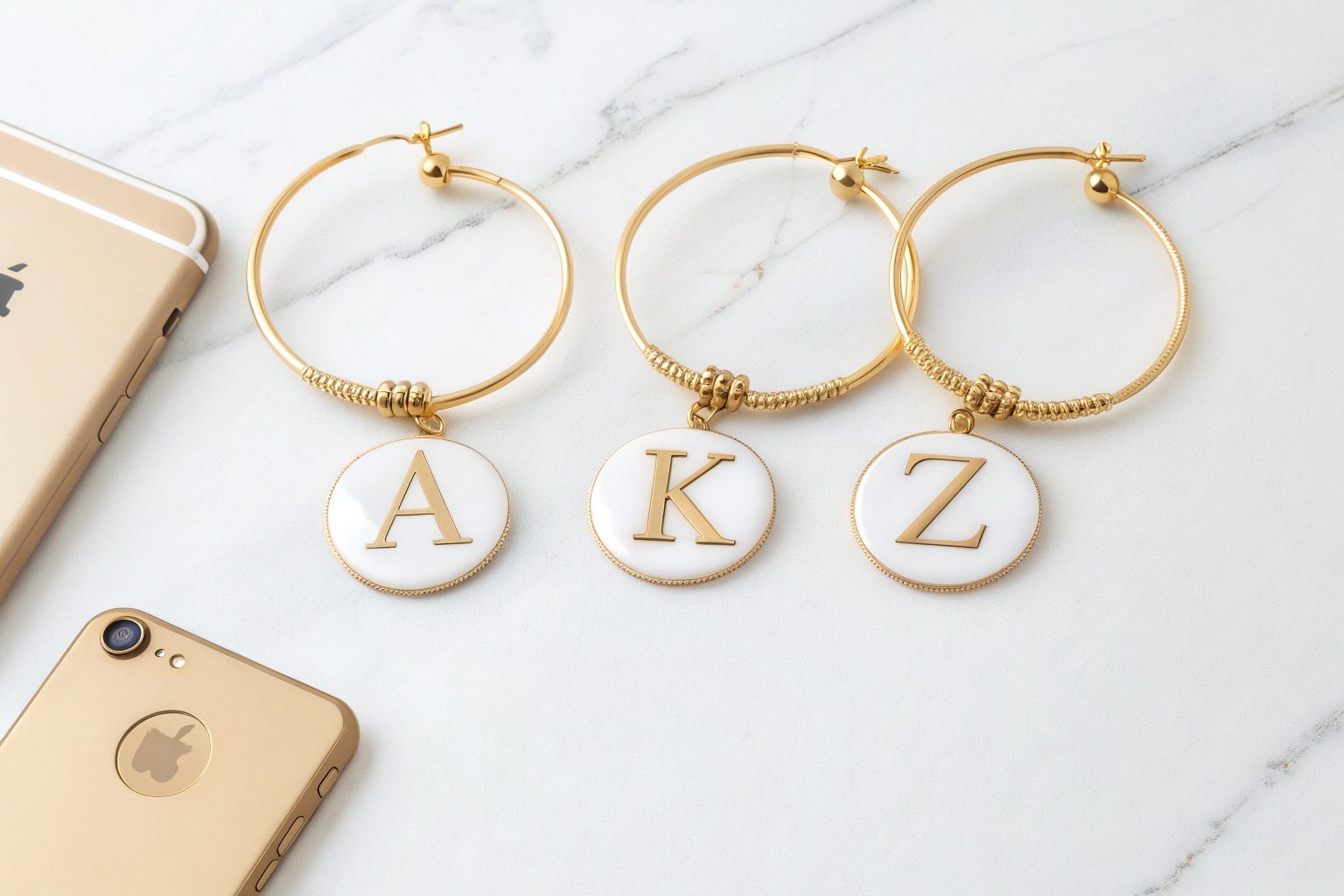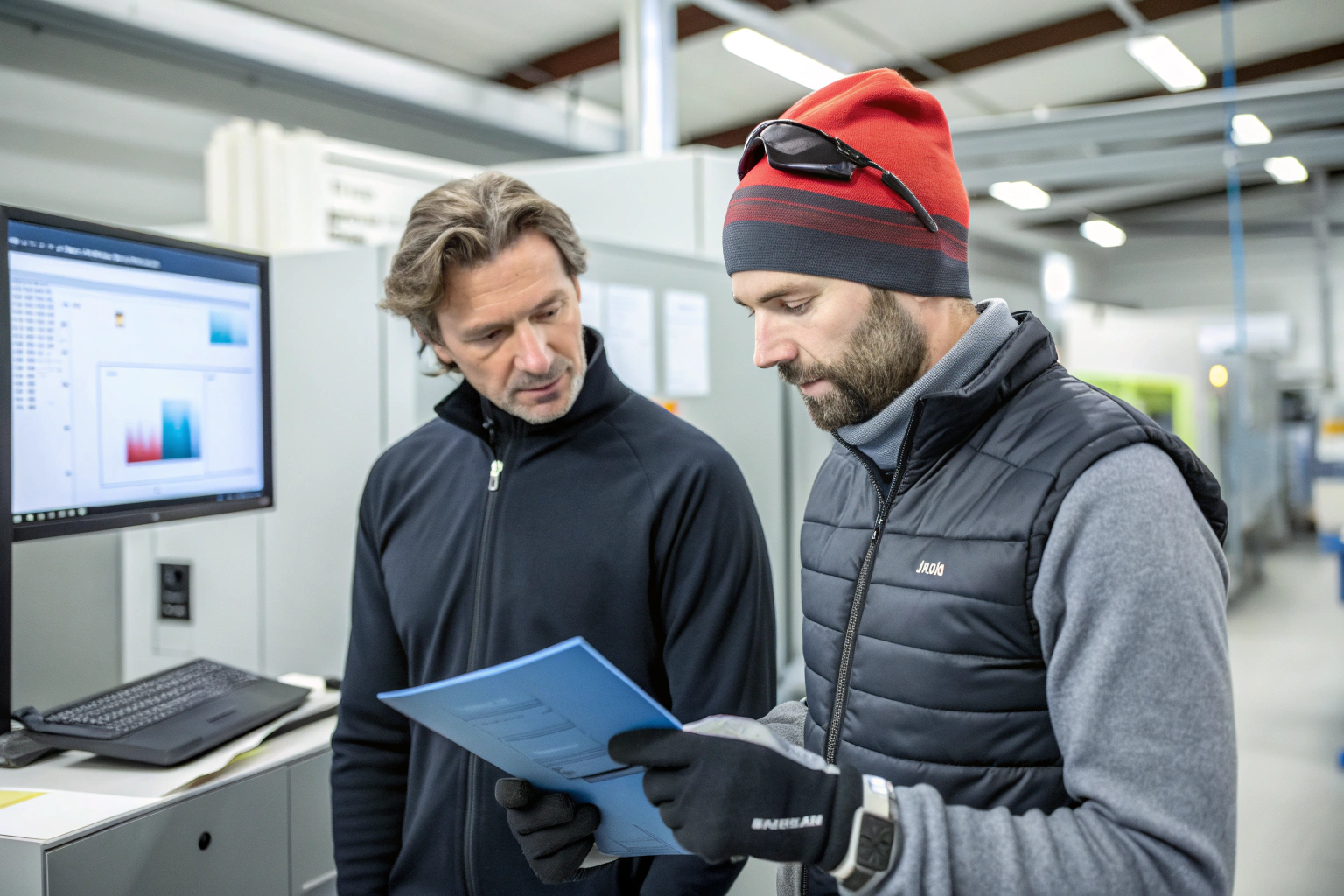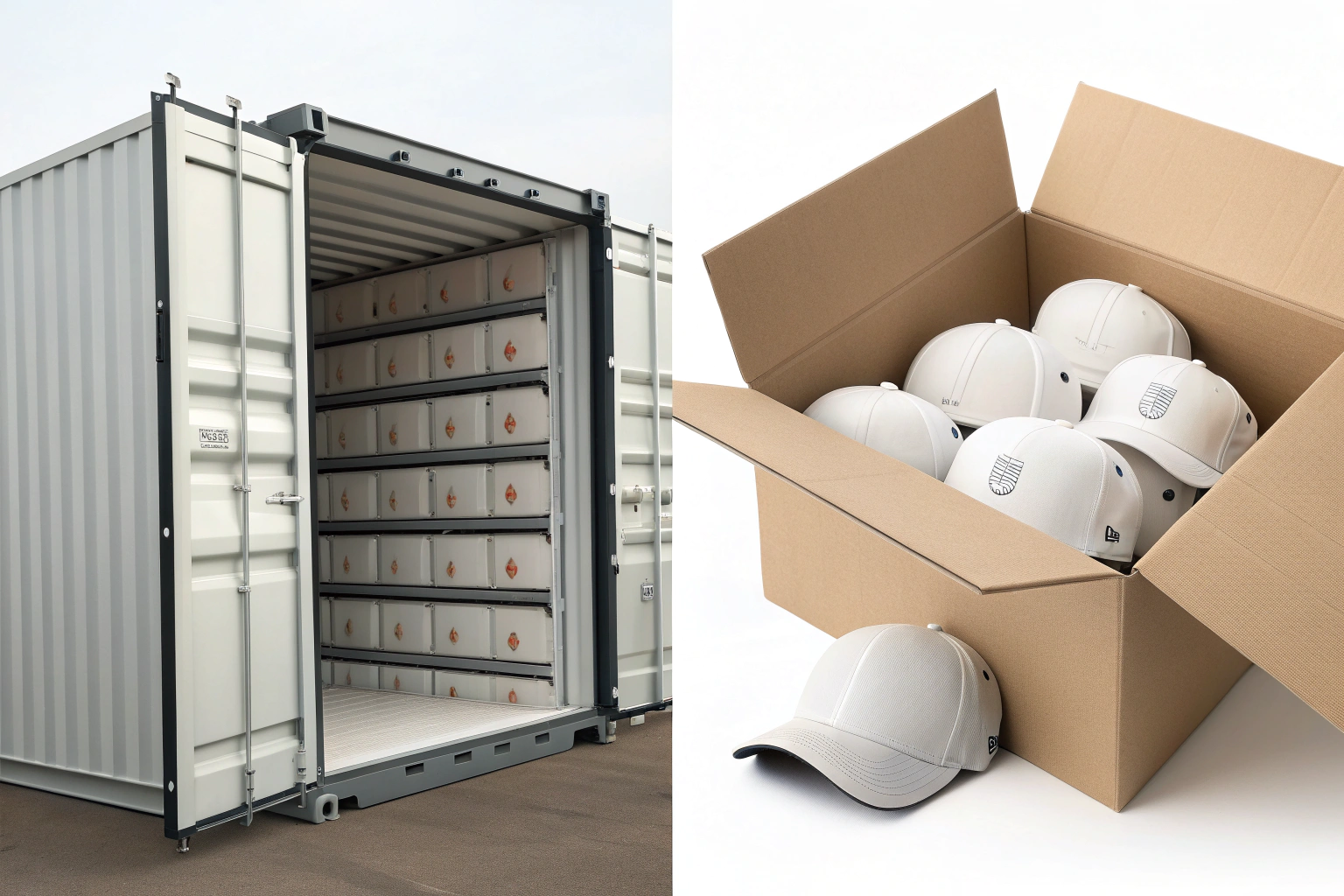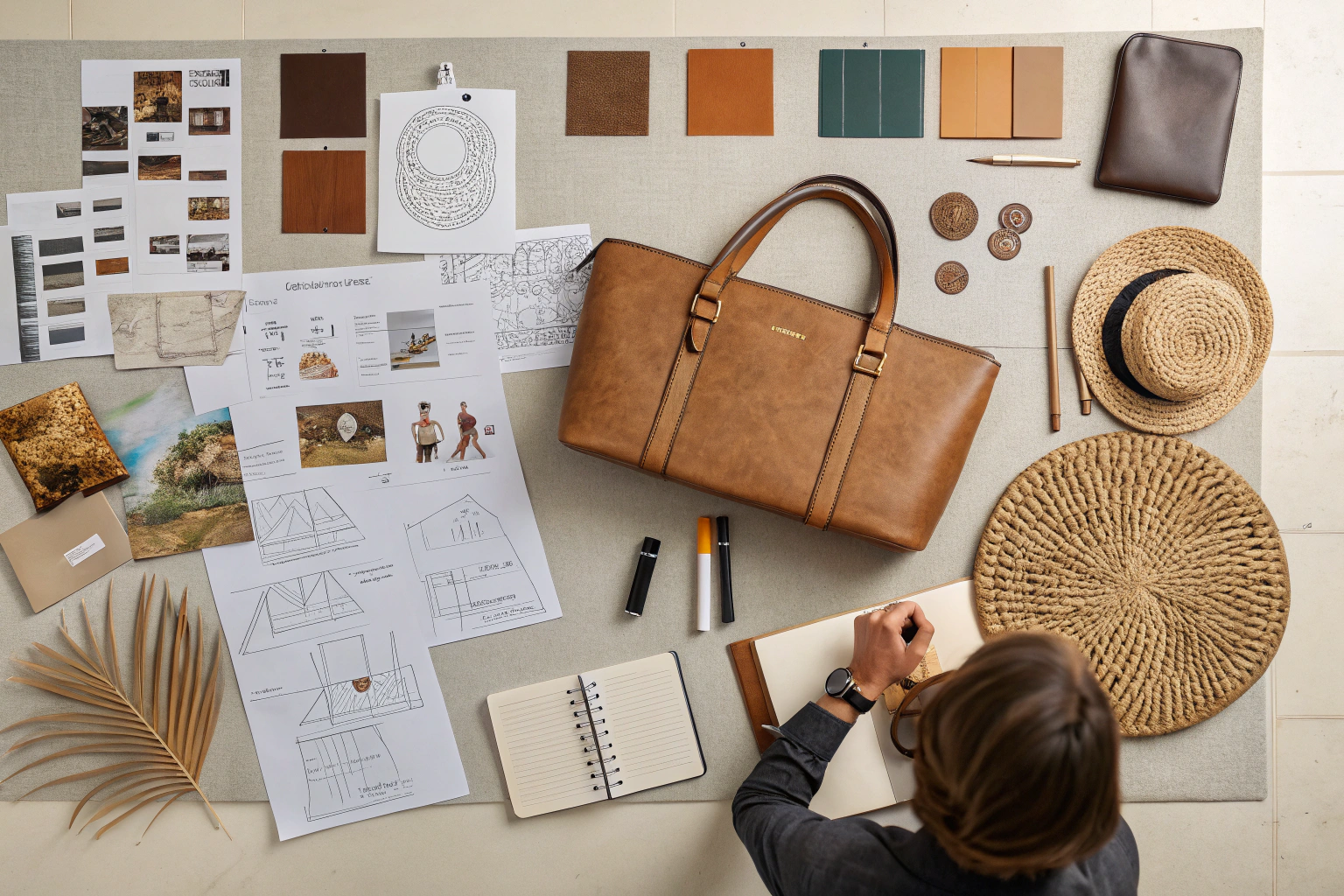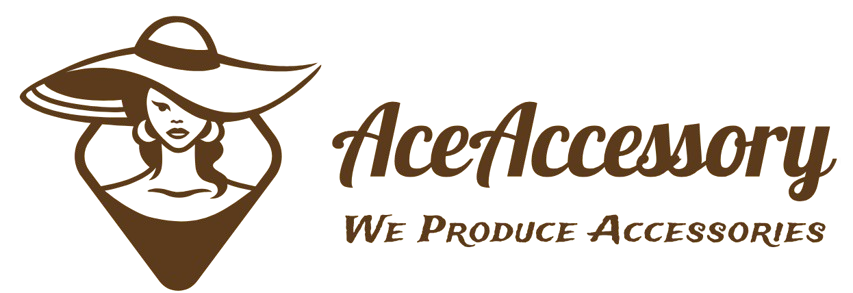When sourcing accessories like belts, scarves, gloves, or hats from China, one of the most overlooked—but critical—factors is the factory's ISO certification status.
ISO-certified factories don’t just promise quality—they prove it through international standards.
At AceAccessory, we proudly operate with ISO 9001 (quality management) and ISO 14001 (environmental management) certifications. This has helped us build trust with major European supermarkets, U.S. fashion retailers, and boutique importers alike. Here's why ISO matters to your sourcing success.
What Is ISO Certification and Why Does It Matter?
ISO (International Organization for Standardization) sets global benchmarks for how companies manage processes, deliver quality, and minimize risk.
An ISO-certified factory follows documented procedures, continuous improvement loops, and independent audits—giving buyers confidence.
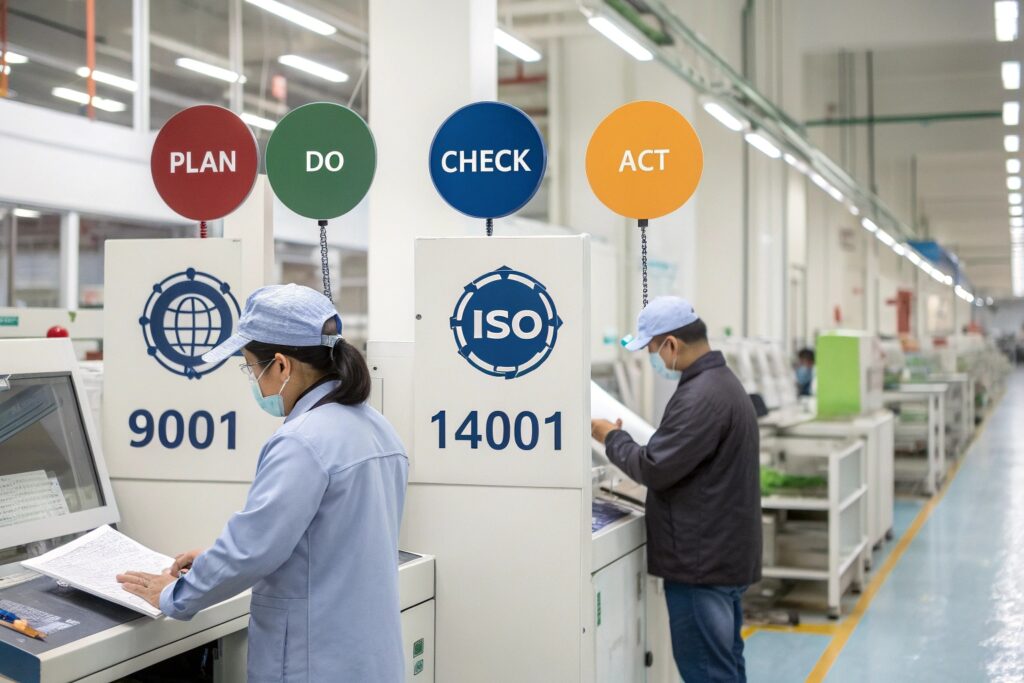
What Types of ISO Certifications Are Relevant to Accessory Sourcing?
The two most relevant ISO certifications for our industry are:
- ISO 9001: Focused on quality management, consistent production, and customer satisfaction.
- ISO 14001: Focused on environmental responsibility and waste reduction.
You can learn about ISO 9001's requirements directly from the ISO official site.
How Does ISO Certification Impact Sourcing Decisions?
ISO-certified factories:
- Follow structured production and inspection protocols
- Keep traceable documented records
- Undergo third-party recertification audits
These traits reduce sourcing risk, avoid reworks, and improve consistency. More buyers are now using platforms like Sedex to filter suppliers with such compliance.
How Does ISO Certification Improve Product Quality?
Buyers want great-looking accessories that don’t fall apart after a few wears. ISO-certified factories offer structured quality assurance throughout the process.
From raw material inspection to final packing, ISO enforces a culture of quality, not just last-minute fixes.
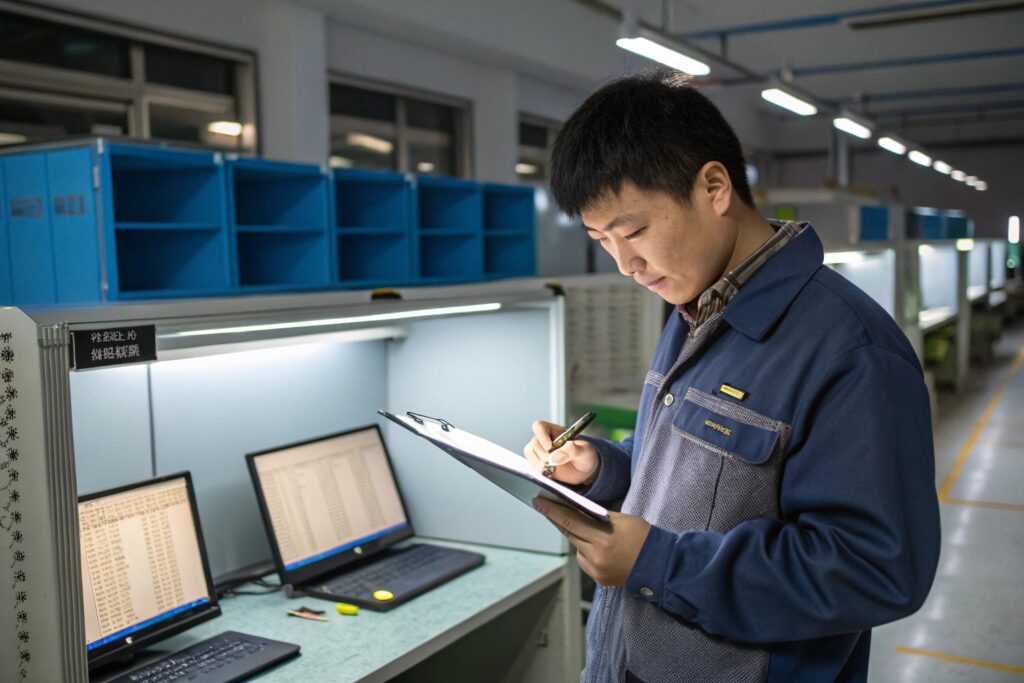
What Systems Are Used to Control Quality in ISO 9001 Factories?
At AceAccessory, our ISO-based QA system includes:
- Incoming material inspection: Fabrics, trims, dyes verified before use
- Inline production checks: Defect prevention, not just detection
- Final QC with AQL sampling: Based on ISO 2859
We track KPIs such as defect rates and customer complaint returns monthly.
Can ISO Systems Help with Faster Problem Resolution?
Yes. With ISO 9001’s CAPA (Corrective and Preventive Action) system:
- Every defect has a documented root cause analysis
- Solutions are implemented and tracked
- Customers get issue reports with timelines
For example, one of our U.S. clients importing promotional scarves needed urgent color corrections. Our ISO procedures allowed us to fix and re-ship within 3 days.
Is ISO Certification Important for Sustainable Sourcing?
Sustainability is now a must-have—not a nice-to-have. ISO 14001-certified factories make environmental responsibility part of their operational DNA.
They don’t just recycle—they manage raw material usage, reduce emissions, and track sustainability metrics.
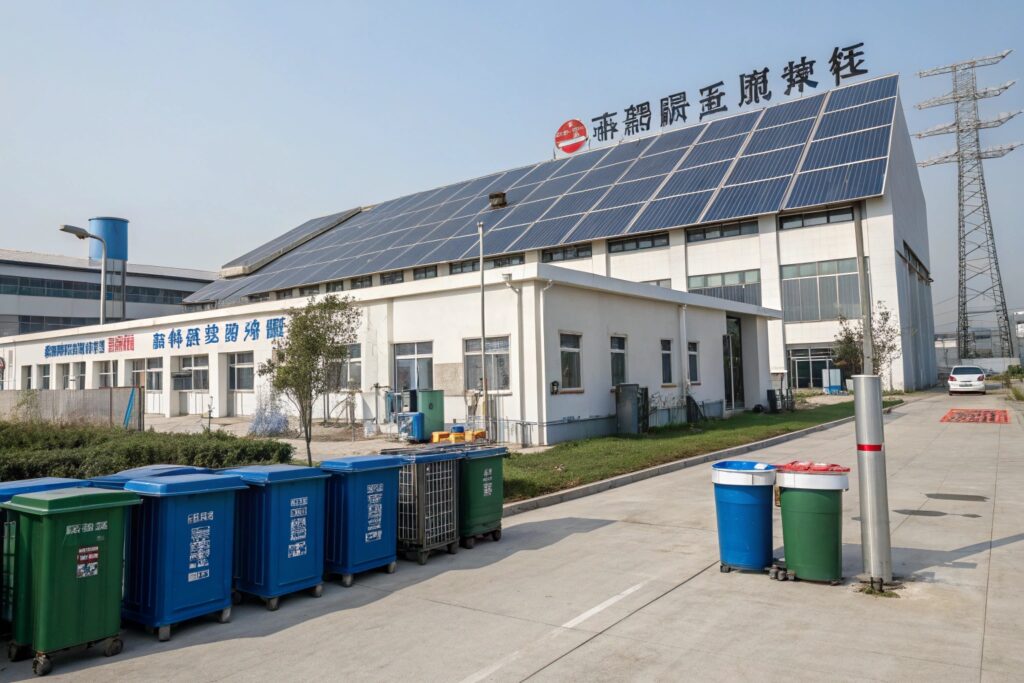
How Does ISO 14001 Reduce Environmental Impact?
We apply ISO 14001 in several areas:
- Water filtration and dye treatment
- Fabric wastage monitoring during cutting
- Energy-efficient lighting and air compression
Many fashion brands now request eco-compliance certifications like OEKO-TEX alongside ISO 14001.
Can It Help with Brand Image and Retail Partnerships?
Absolutely. Many large retailers (especially in the EU) now require suppliers to show:
- ISO 14001 or equivalent
- Social responsibility programs
- Carbon tracking mechanisms
Retailers like Zalando and Target list ISO as part of their supplier scorecards.
How Does ISO Certification Benefit Communication and Reliability?
Beyond product quality and sustainability, ISO certification improves how your supplier communicates, tracks progress, and ensures reliability.
ISO-certified teams are trained to speak the language of process transparency and professional follow-through.
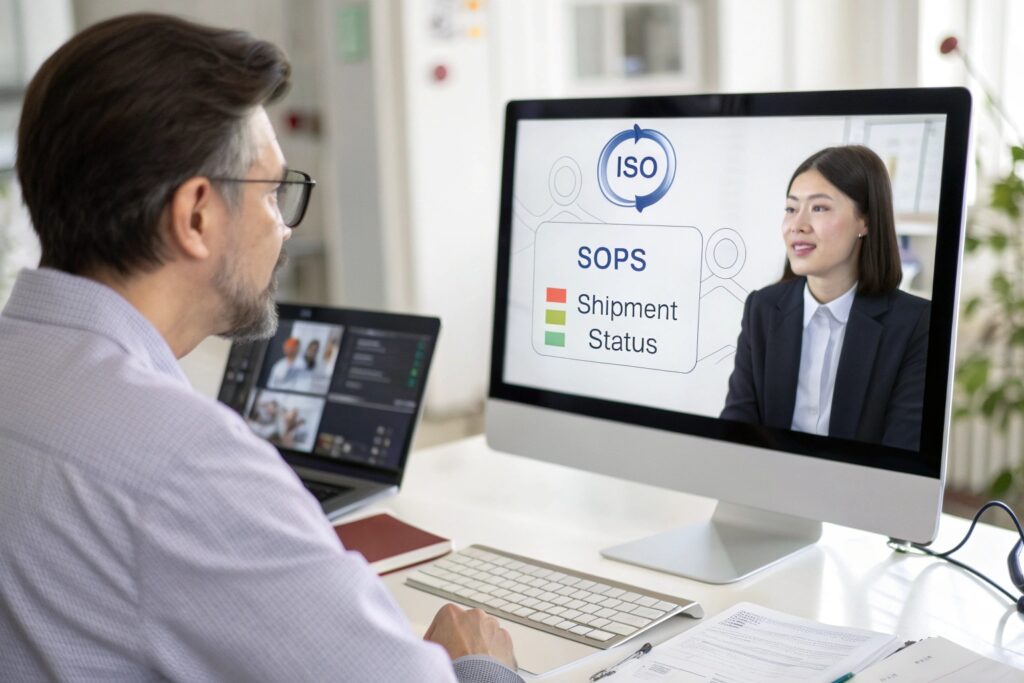
What Kind of Communication Standards Are Part of ISO Culture?
At AceAccessory, we implement:
- Project timelines with documented milestones
- Order confirmations and updates in writing
- Record-keeping of production and approval steps
ISO requires us to store key records for 3–5 years. Clients love this because we can always trace back issues and reference what worked.
Can This Help with On-Time Delivery?
Yes—especially for boutique brands or time-sensitive seasonal orders.
ISO processes create:
- Standardized production timelines
- Defined handling for changes or urgent revisions
- Contingency plans for raw material delays
Even freight partners like Maersk and Flexport prefer ISO-certified shippers, since it lowers document errors and miscommunication.
Conclusion
ISO certification is more than a framed logo on the wall. It’s a signal that your accessory supplier takes quality, sustainability, and reliability seriously—day in, day out.
At AceAccessory, we integrate ISO 9001 and ISO 14001 into everything we do, from sourcing raw materials to final delivery. Whether you're a large retailer or a growing boutique, partnering with an ISO-certified factory means fewer mistakes, better products, and peace of mind.

